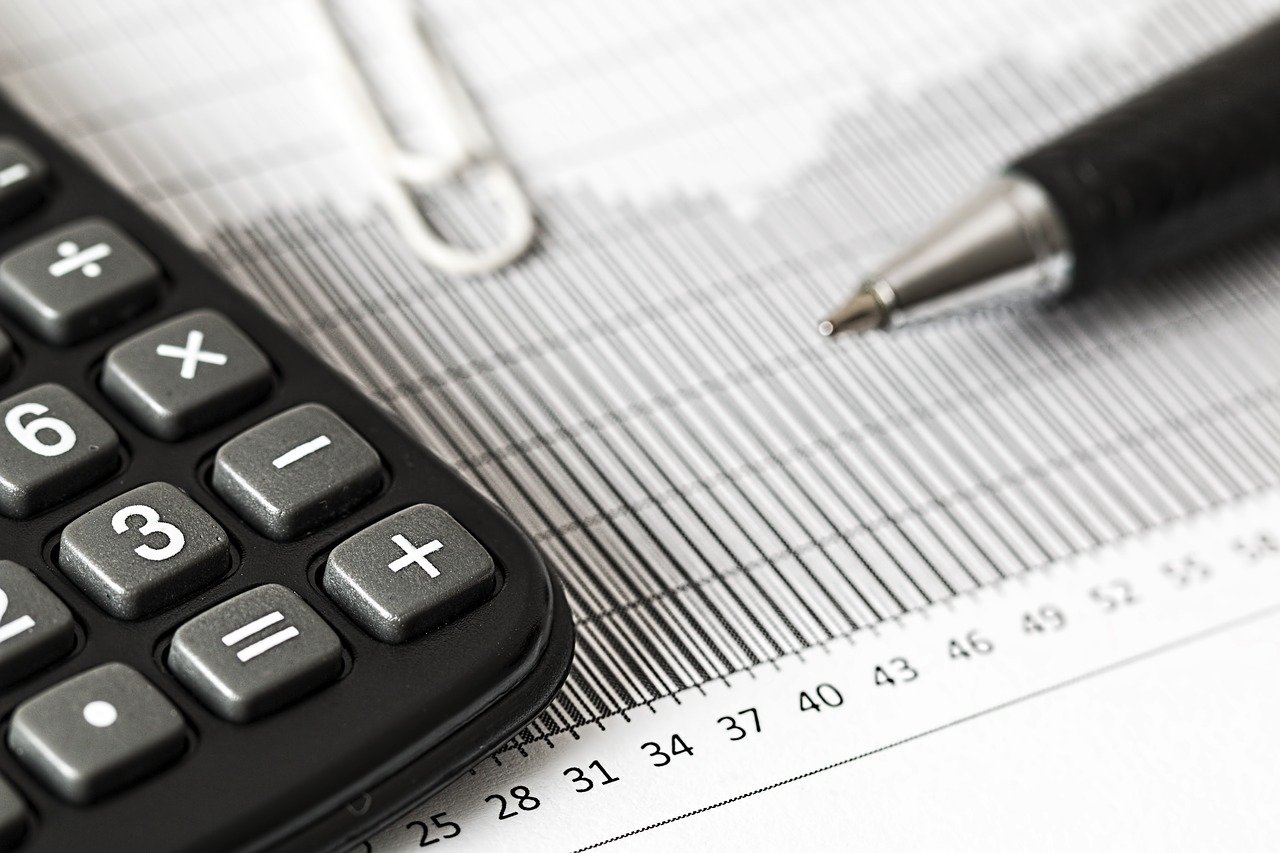Five Tax-Management Tips For New Business Owners
At the end of the day, the difference between a business and a hobby is that a business is supposed to pay your bills. Unfortunately, one of the many lessons you will quickly learn as a business owner is that there can be a big difference between your gross income and net profit. This means that you need to manage your money very carefully. Here are five tips to help.
Pick the right business structure
There are many pitfalls to avoid when starting a new business. One of them is using the wrong business structure. This is a really complex topic and it can have major implications for your business. It’s therefore highly advisable to get professional advice from an accountant (or a lawyer) at an early stage.
Get a bookkeeper and an accountant on board
In simple terms, a bookkeeper will keep your day-to-day finances organized. An accountant will guide your overall financial management and strategy. They will also oversee your tax returns. There are two main reasons why it’s worth paying professionals for these services. Firstly, it ensures that the job is done properly. Secondly, it can save you a lot of time and frustration.
Ring-fence your business finances
Keep all your business income and outgoings separate from your personal income and outgoings. If you need to draw an income from your business, then make a formal payment from your business to you. Similarly, if you need to put money into your business, then make a formal loan from yourself to your business.
If you’re operating as the owner of an incorporated company, then you can get a bank account for your business itself. If you’re operating as a freelancer, then you can get a second personal bank account to use for your business. If, however, you feel that this is more hassle than it’s worth, at least separate out any money you need to keep for tax.
You might also find it helpful to have a credit card for business expenses. Again, if you’re operating as a limited company, you can get one in the name of your business, but assigned to you. If you’re operating as a freelancer, you can open a regular credit card and just keep it for business use.
Digitize your receipts immediately
If you’re using proper bookkeeping software (or your bookkeeper is), there’s probably an app which enters data from regular receipts directly into your software. Even if you’re not (or there isn’t), you can still photograph (or scan) your receipts immediately. This is highly advisable since it means you always have some sort of record of them.
Your bookkeeper will be able to tell you what documents (if any) you need to keep on paper. These should be stored in a way which keeps them safe from theft and damage (e.g. fire and flood). It’s advisable to keep a digital copy of them as well as this gives you something to show the tax authorities if the worst does happen.
Archive your records properly
Remember to store your tax documents until you are sure they are no longer required. How long this is will depend on your company structure. Your accountant will be able to advise.

